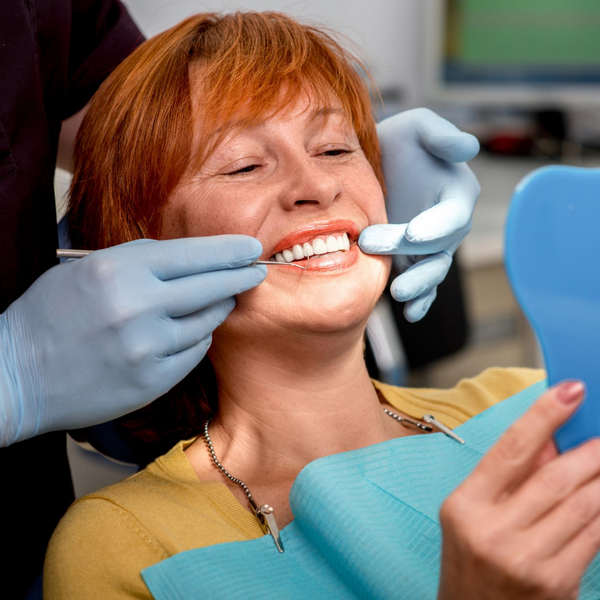
How to Clean Implant-Supported Dentures
Implant-supported dentures offer many advantages if you need tooth replacement. They are sturdy and stay in the right place, making it easier for you to eat and carry on with your regular activities. Many times, you may even forget you are wearing them.
Correctly caring for your snap-in dentures can extend the life of the product. Proper cleaning will keep your dentures from wearing down or becoming discolored. If you neglect to clean your implant-supported dentures, you may develop peri-implantitis, painful inflammation surrounding the implant. Take a look at these tips on ways to clean your implant-supported dentures that will help keep them clean and ensure your mouth stays healthy.
How to Clean Snap-In Dentures
You should clean your dentures twice a day, the first time after you eat breakfast and the second time before you go to bed at night. While both cleanings are essential to dental hygiene, the second is more critical. During the day, saliva production naturally washes away some of the bacteria in your mouth. At night, your mouth produces less saliva, so the bacteria stays in place.
Always pay special attention to the abutments as well — where the dentures hinge to the jawbone — when you clean. Here are a few tips you can use to get a better cleaning experience:
- Use a horizontal motion to clean the abutments as well as the teeth in the back of the mouth.
- Clean small segments of the gums at a time, using a circular motion.
- Use our cleaning foam FreshDent to get into the crevices where toothpaste and your brush can't reach. This foam kills 99.999% of bacteria, which helps prevent peri-implantitis.
- Use a proxabrush to fit into small spaces and eliminate the small particles of food that can gather.
- Where your gum meets the bar, denture or bridge, use floss or waterpik to get out any stuck food.
The more carefully you perform your daily cleaning routine, the healthier your mouth will be. Rinse out your mouth using water after every cleaning session. You should also schedule regular checkups with your dentist to stay on track with your oral hygiene. A dentist can recognize whether you are using proper cleaning techniques. If food particles consistently remain on your dentures, your dentist can give you tips to improve your daily routine and eliminate the problem.
You can also be more careful with your diet to make cleaning the dentures easier. Skip treats such as hard candy or sticky food, which can be challenging to clean off of your dentures and also potentially damage them.
Benefits of FreshDent to Clean Implant-Supported Dentures
Finding the right cleaning solution to use with your dentures can help you with long-term maintenance. A foam designed to work with your dentures, such as FreshDent, offers many advantages because it's specially formulated to enhance your denture care. You can place the foam directly on your teeth and use your tongue to swish it around or you can take your dentures out to clean them separately.
We create the only on-the-go denture cleaner that cleans both your dentures and your implants. Throughout the day your implant-supported dentures develop a biofilm from a build up of bacteria, which causes bad breath. In our FreshDent package you'll find a touch-up spray to discreetly keep your dentures and your breath fresh at anytime.
Just a few reasons to choose FreshDent include:
- It's the only denture and partial cleaner you can wear since it has no harsh chemicals.
- It increases the effectiveness of denture adhesive.
- The mint flavor freshens your breath.
You can also try OmniFoam, an implant and bridge cleaner that provides similar advantages and helps prevent peri-implantitis as well. Learn more about proper bridge and implant cleaning here. Shop now for our products and contact us if you have any questions.
Related Articles
-
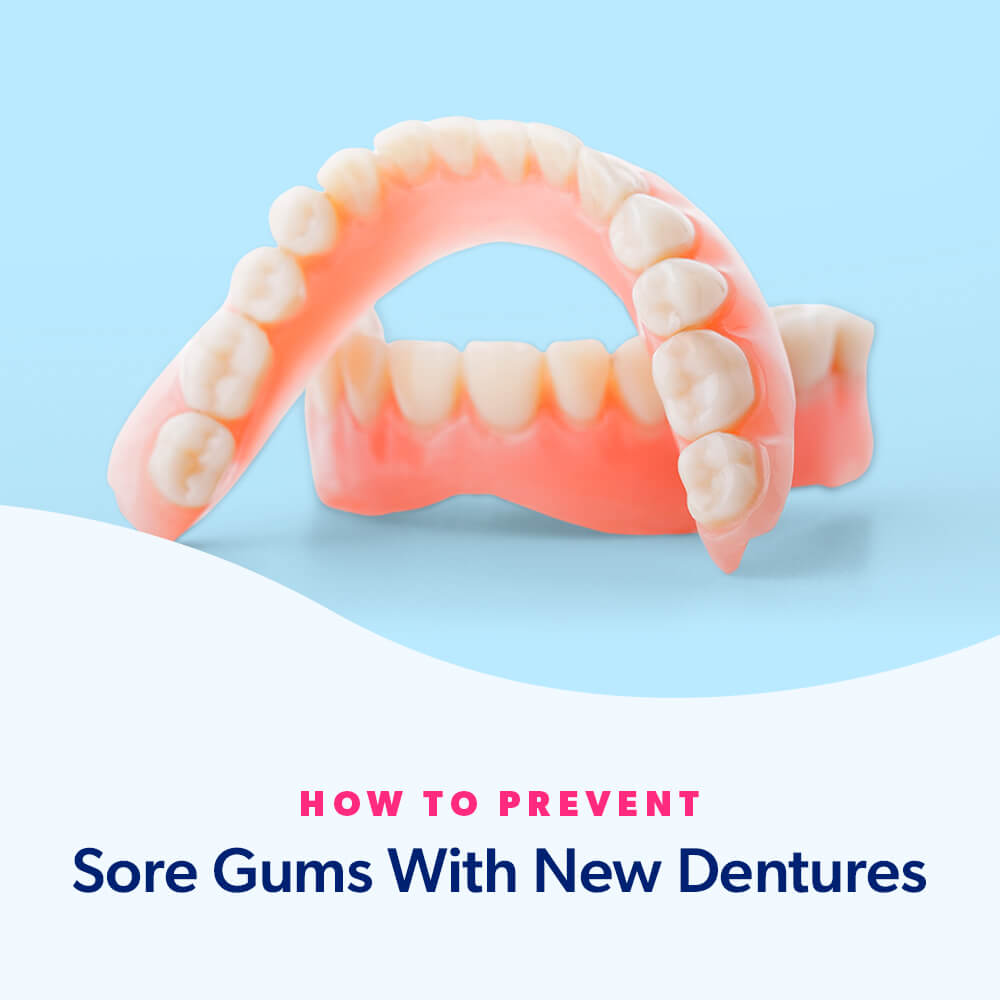
How to Prevent Sore Gums With New Dentures
Dentures are the answer to many dental ailments for people around the world. People of all ages use dentures to increase their quality of life by allowing them to eat their favorite foods and feel confident in their smiles every day. Whether you are new...
Read More -

Top Reasons You Shouldn't Sleep With Dentures
Perhaps it's been a long day, and you're tired. Or, maybe you don't like to be without teeth. What's the harm in leaving your dentures in overnight? There's a reason your dentist recommends removing your dentures for at least five to six hours per day and...
Read More -

Are My Dentures Causing Bad Breath?
Dentures can change your life. They're important to your ability to chew, and they give you a killer smile. The only downside? They might cause bad breath. Both permanent and removable dentures are notorious for their ability to cause denture breath, but we can help...
Read More -
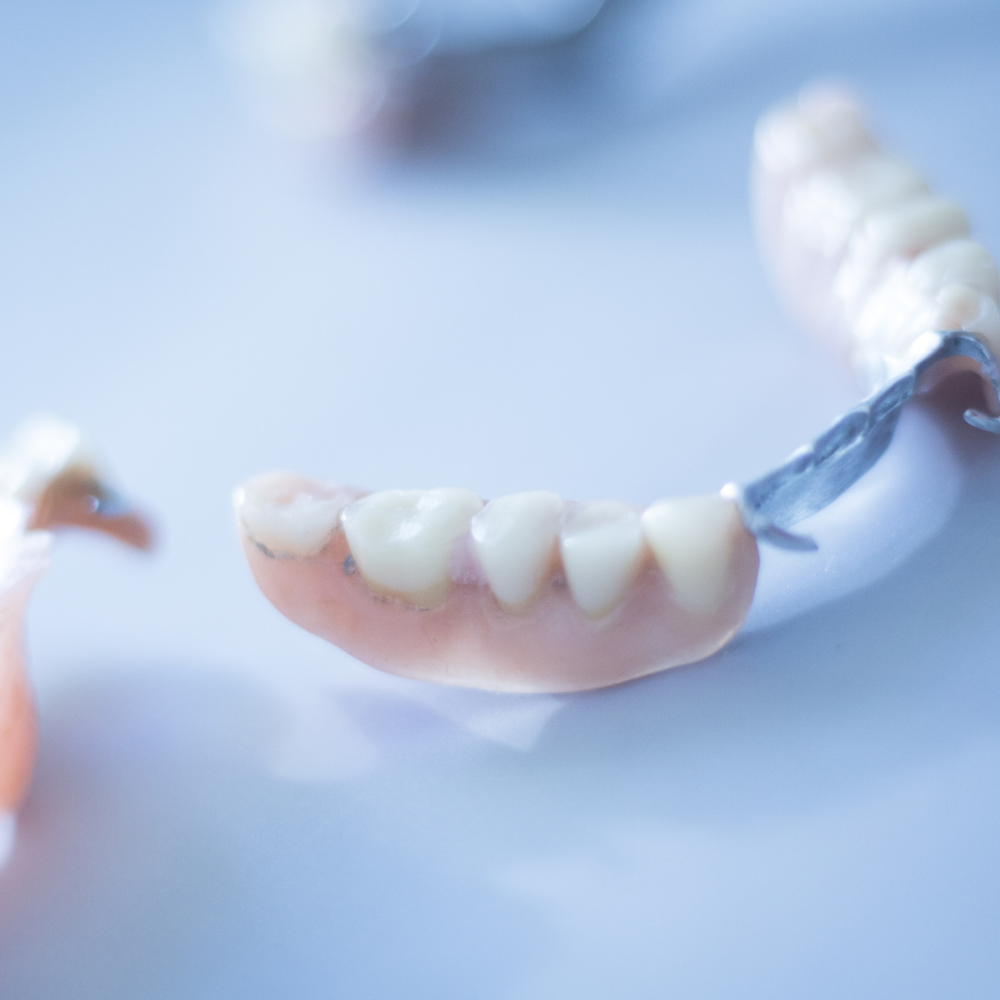
How to Clean and Care for Partial Dentures
When you think of dentures, you might have visions of your grandma's full set soaking in a glass on her nightstand. But dentures aren't just for the old and toothless. Tooth loss can happen for a lot of reasons to people of all ages, and...
Read More -

14 Tips for a Healthier Smile
A smile is often one of the first things people notice about us, and many people take great pride in having an attractive smile. However, the importance of having a healthy smile goes beyond mere appearances. The health of our teeth and gums is directly tied...
Read More -
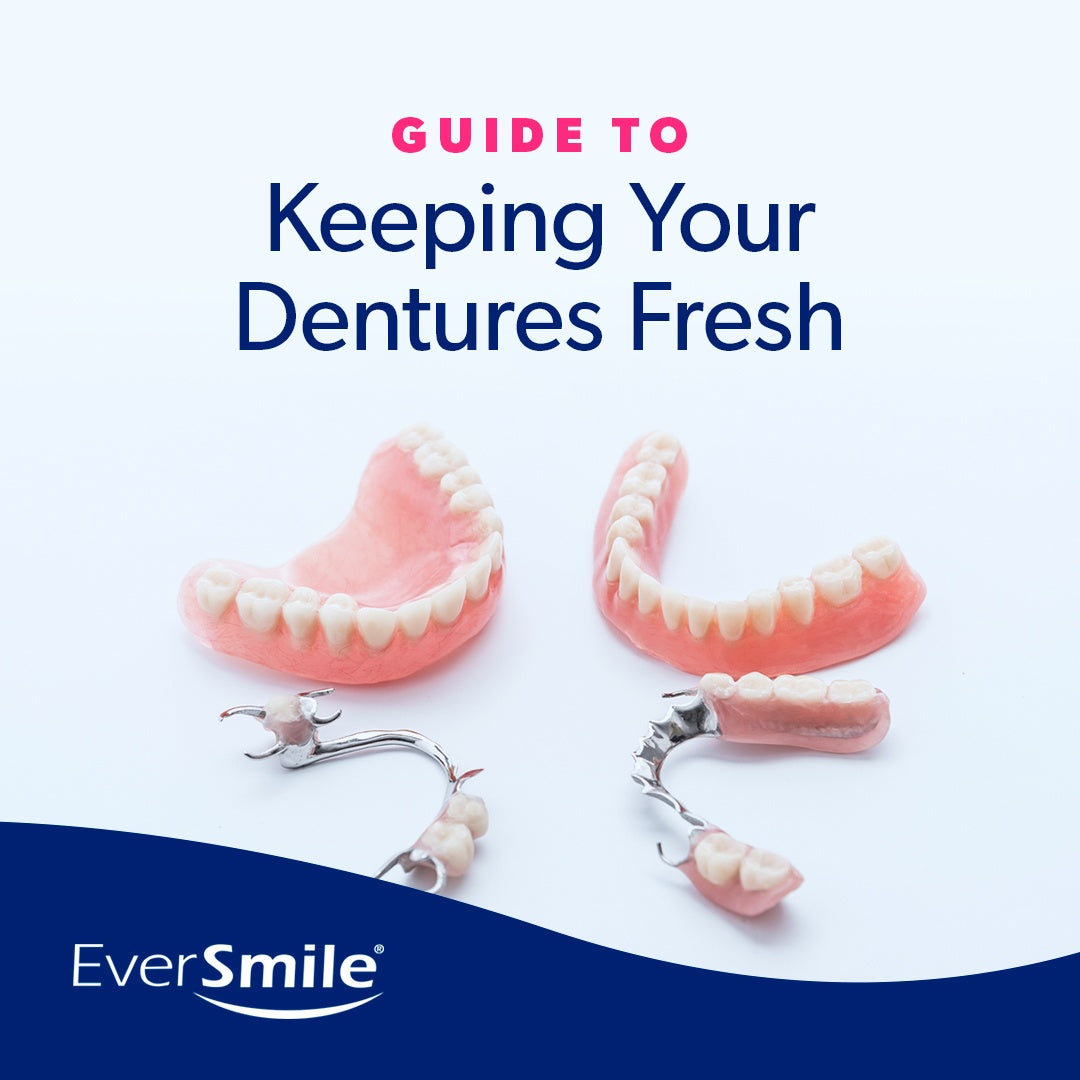
Guide to Keeping Your Dentures Fresh
If you're one of over 40 million people in America who wears dentures, you probably wonder how you can keep your dentures fresh and clean. From the right methods to the best cleaners, there's a lot to consider. But with proper denture care, you'll keep...
Read More -
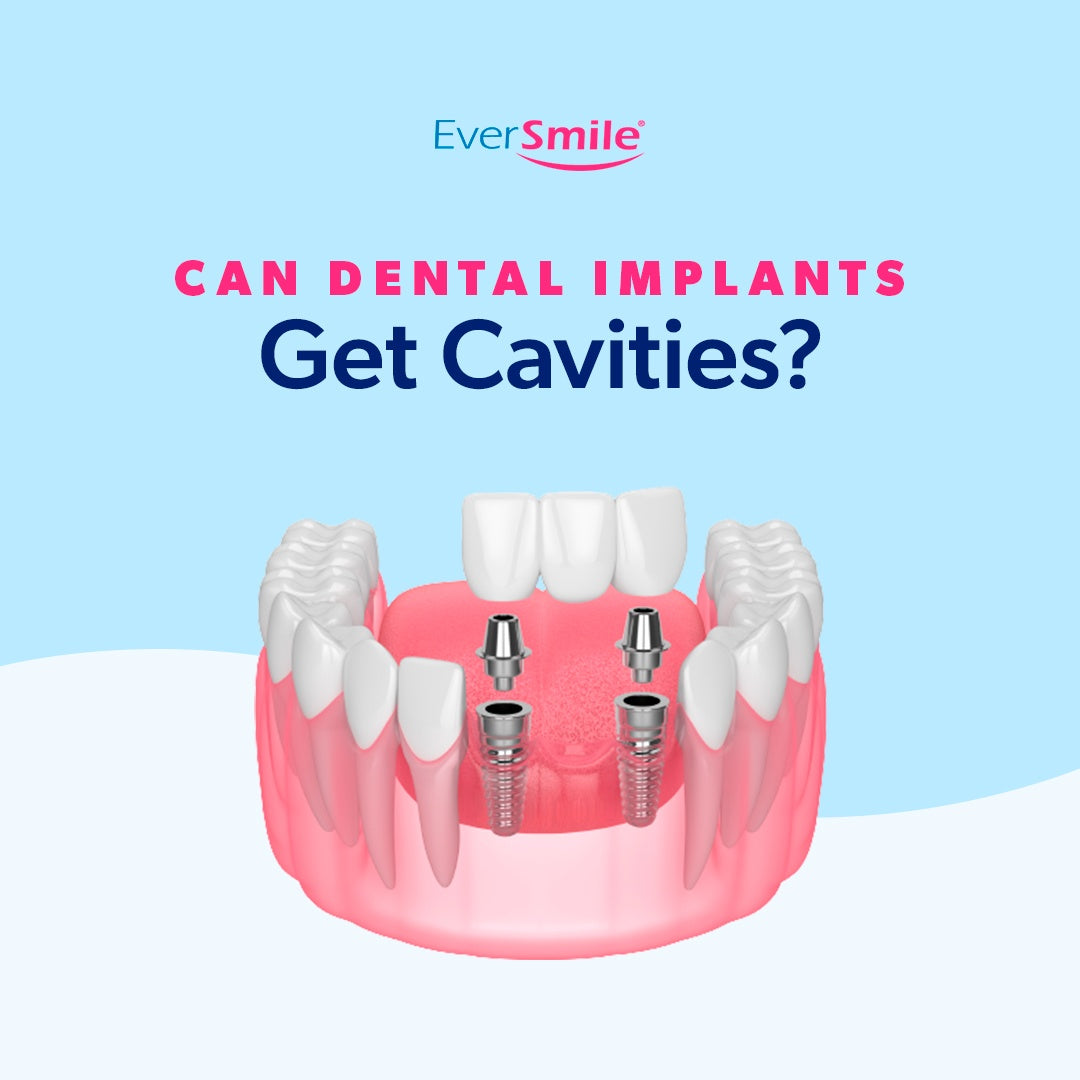
Can Dental Implants Get Cavities?
If you have dental implants, it's normal to have a few questions. In fact, many people with dental implants contact their dentists with the same frequently asked questions, like if dental implants can get cavities. Dental implants do not get cavities. But, there are other...
Read More -
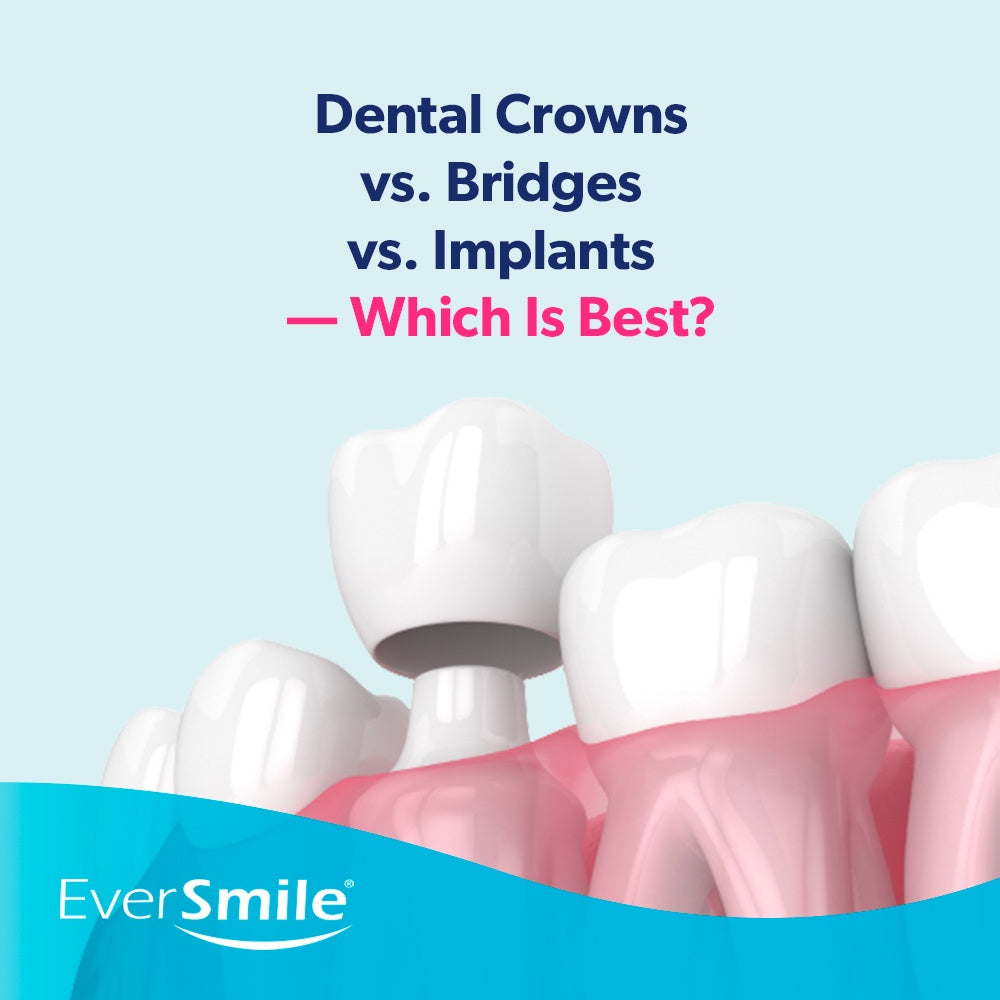
Dental Crowns vs. Bridges vs. Implants — Which Is Best?
If you've ever thought about replacing a missing tooth or trading in your uncomfortable dentures, then you've probably considered your options — dental crowns, bridges or implants. So what's the difference between the three? Dental implants, crowns and bridges are relatively similar as they replace...
Read More -
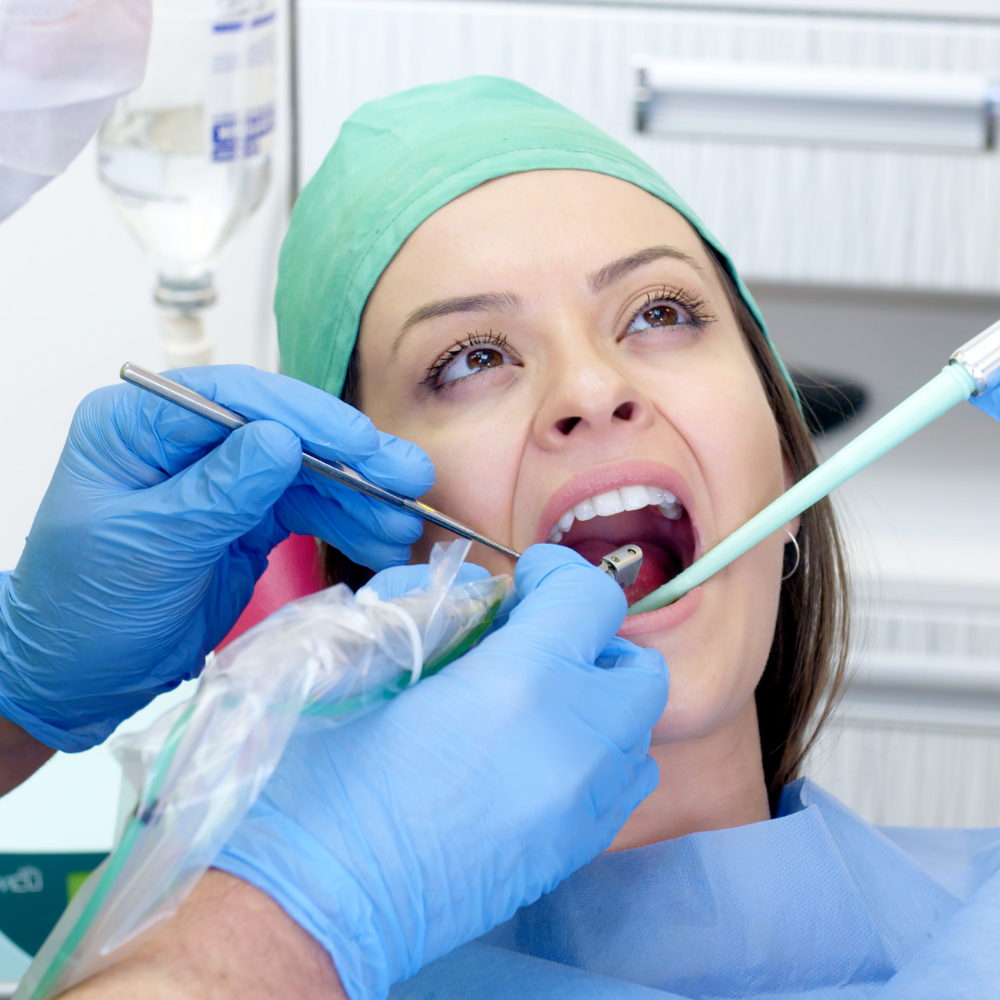
Tips for Recovering From Dental Implant Surgery
Dental implants can have a huge positive impact on your smile and the quality of your life. That said, the procedure is an oral surgery that requires specific post-surgical care for proper healing. Your doctor will help guide you through the recovery process with instructions...
Read More -

14 Tips for a Healthier Smile
A smile is often one of the first things people notice about us, and many people take great pride in having an attractive smile. However, the importance of having a healthy smile goes beyond mere appearances. The health of our teeth and gums is directly tied...
Read More -
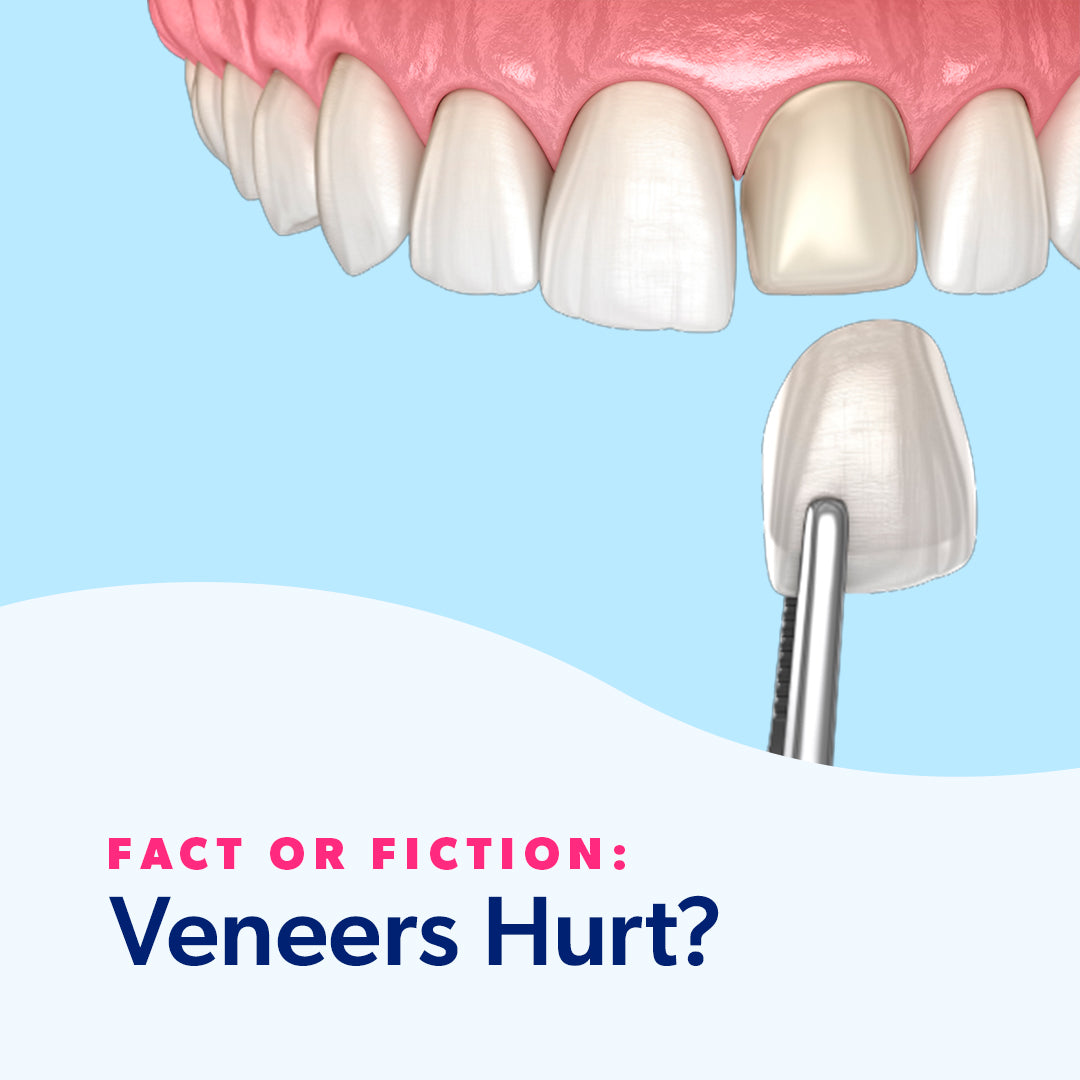
Fact or Fiction: Veneers Hurt?
People choose to get dental veneers to make their front teeth look straighter and whiter for a more confident smile. Getting veneers involves a low-impact dental procedure, and many people have questions about the process. Do veneers hurt afterward? Are there any problems with veneers...
Read More










Post a Comment!